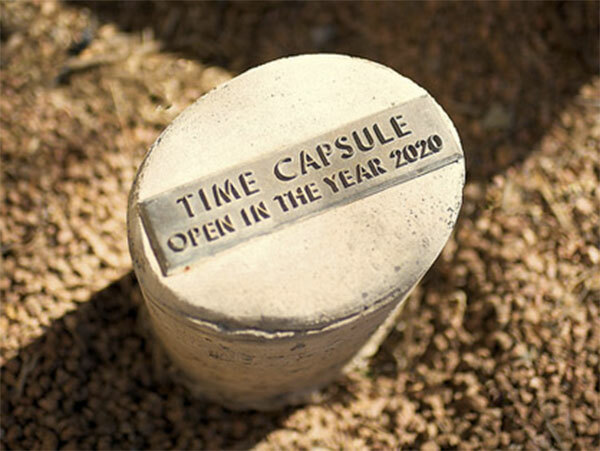Become an archivist and protect your digital legacy
Digital media is fragile. If descendants are to share in our experiences, we must stop trusting in corporations and rely on ourselves, says Craig Grannell

A constant of human nature is the need to collect media and share experiences. Whether words, sounds and images are someone else’s or your own, they mean something and have the potential to be passed down the generations.
But technology’s rapid evolution raises questions regarding the safety and longevity of such content.
My own life involves the constant hum of technology: iPads and Macs for work; streaming TV; digital photos; download-only games. I long ago quit buying CDs, and rarely write on paper. DVDs teeter on the brink, Netflix and iTunes rentals nipping at their heels. Tapes, disks and games sit long abandoned in an attic, while paper comics and magazines perform a desperate last stand for traditional media, nervously awaiting the moment I go ‘full digital’.
The benefits of ditching old-style media for digital are clear: the excitement of using new technology; the joy of being able to instantly share photos, videos and more; and the convenience of accessing countless books, TV shows and songs in an instant. Yet there’s always a nagging sense that in the relentless charge towards the virtual, gaps are starting to appear in our personal legacies.
The problem revolves around the assumption that digital content is somehow safe; there’s widespread complacency, misplaced trust and naïvety that anything uploaded will always be there, and that bought content will always be available.
But tech start-ups are regularly swallowed whole and social networks fail, leaving users to perform a mad scramble to rescue their content before it vanishes for good. DRM is rife, complicating storage of bought content. And companies increasingly conflate sales with complex and potentially limited licences — you might think you own a purchase, but there’s no guarantee anything stored in the cloud will still be there tomorrow.
It’s not enough to do nothing, because permanence no longer exists by default. It’s therefore vital to think ahead, striving to safeguard anything we want to stick around for the long haul, rather than assuming technology and corporations will do everything for us.
Keep local copies of whatever you can and back-up religiously; where possible, use open file formats, and if you can’t, store using lossless and well-supported formats you’ll be able to easily convert later, updating them as and when they start becoming rarer.
Consider the unthinkable and once again print cherished photographs, curating them in real albums rather than just Facebook ones. In decades to come, you’ll then at least have something to pore over rather than hoping your content survives in dribs and drabs, scattered across whatever the internet becomes, or finding your documents are buried in storage formats long since rendered obsolete.

You might argue none of this really matters. Information has its own kind of Darwinian law, where the most popular and important content will live on in some form; and you might posit any personal legacy is merely a burden for someone to sift through when you die. I disagree. Memories matter.
Your history, shaped so much by what you create and what you love, matters — and it will matter to those who come after you. I remember this whenever I listen to an obscure recording by a band that never made it, or quietly contemplate photos of a long-gone, dearly missed loved one; and I question whether in the march for “More! Better! Faster!” we’re making the right trade-offs and the best decisions.
With care, we can have both: the convenience of the modern digital age but the permanence we crave. We just need to be our own archivists for the things that truly matter to us, fashioning enduring time capsules that will live on beyond countless ephemeral services and the whims of technology.
READ MORE: Opinion: Every Apple fan should own an Apple TV
[Main image source: CGI Chicago]





